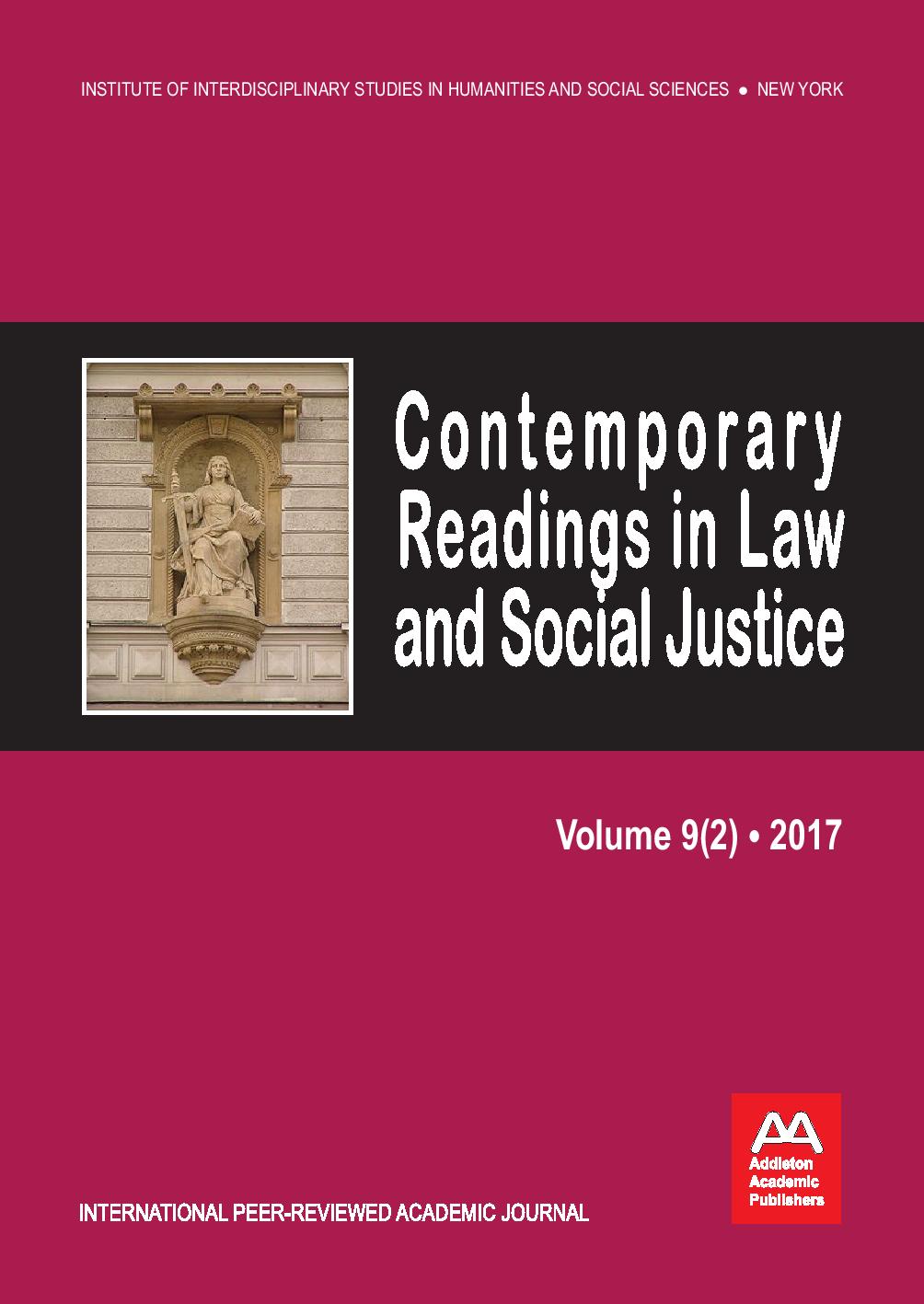EMPATHY MAY CURB BIAS: TWO STUDIES OF THE EFFECTS OF NEWS STORIES ON IMPLICIT ATTITUDES TOWARD AFRICAN AMERICANS AND NATIVE AMERICANS
EMPATHY MAY CURB BIAS: TWO STUDIES OF THE EFFECTS OF NEWS STORIES ON IMPLICIT ATTITUDES TOWARD AFRICAN AMERICANS AND NATIVE AMERICANS
Author(s): Miglena SternadoriSubject(s): Gender Studies, Social development, Ethnic Minorities Studies
Published by: Addleton Academic Publishers
Keywords: news stories; African-Americans; Native Americans; gender; empathy;
Summary/Abstract: People think and feel more negatively about outgroup members, even though such attitudes are rarely expressed explicitly; people may be unaware of them or express them only symbolically. The literature suggests that, cross-culturally, negative attitudes against outgroup members are more pronounced among men than among women, and that implicit negativity may be malleable by visual or textual stimuli. This study used two experiments to explore the effects of news stories about African Americans and Native Americans on implicit attitudes toward these groups. Story valence and participant gender were the main independent variables. In the first study, participants took the Implicit Associations Test (IAT) before and after reading news stories about professionally accomplished African Americans, who had overcome poverty and discrimination. The results suggested that these stories did abate implicit bias against African Americans; the effect was weak but statistically significant. Contrary to expectations, the degree of bias abatement was not significantly different in men versus women. In the second study, participants took the Implicit Associations Test (IAT) before and after reading news stories about either successful Native Americans or about tragic events (murder, suicide) involving Native Americans. Both types of stories detailed systemic obstacles faced by Native Americans and participants assigned to either category showed a decrease in negative attitudes on the post-test IAT; however, this abatement effect was statistically significant only after exposure to narratives that culminated in tragic events. Bias abatement was more pronounced on women than on men. Empathy and intergroup contact are discussed as possible factors in decreasing implicit bias against members of minority groups.
Journal: Contemporary Readings in Law and Social Justice
- Issue Year: 9/2017
- Issue No: 2
- Page Range: 11-27
- Page Count: 17
- Language: English
- Content File-PDF

